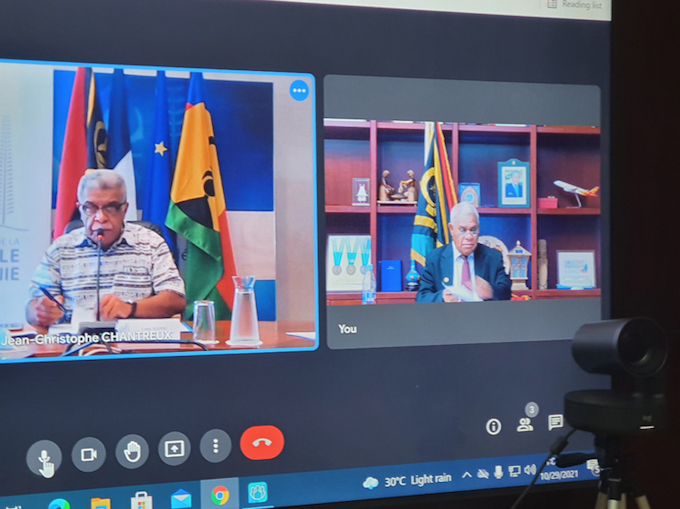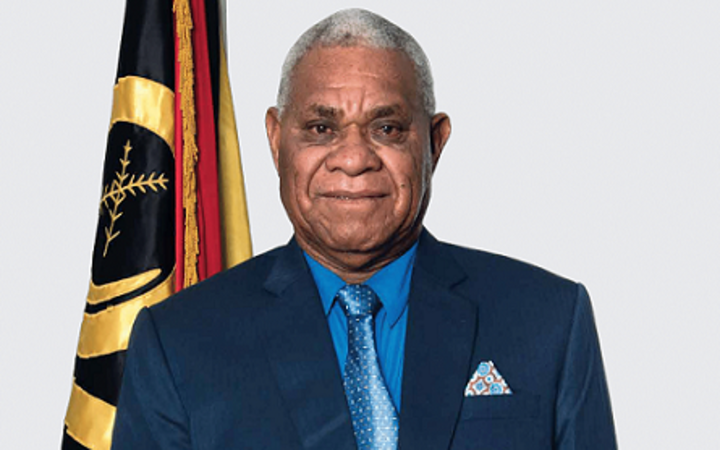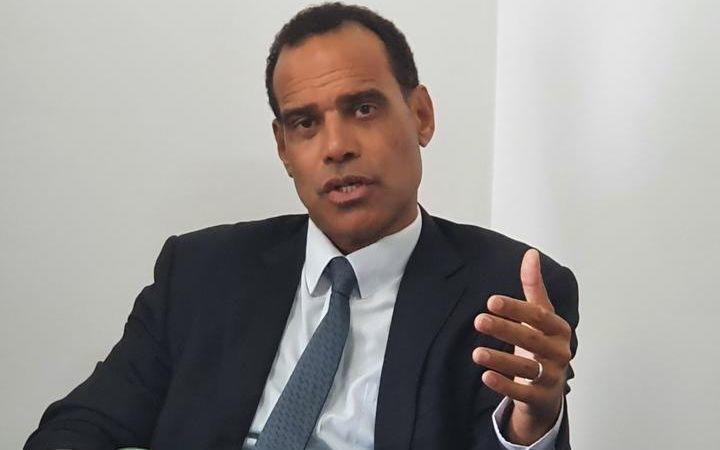
Vanuatu’s leader is formally supporting the demand of Kanaks in New Caledonia for a delay in next month’s third and final referendum on independence.
Prime Minister Bob Loughman told Parliament he would raise his concerns with French ambassador Pierre Fournier in Port Vila.
The Kanak pro-independence parties have asked Paris to delay the referendum because the indigenous people are still mourning family members who died during the pandemic.
- READ MORE: Other Kanaky independence vote reports
- France keeps December 12 New Caledonia referendum date
About half of the 272 people who have died in New Caledonia from the recent covid-19 outbreak were Kanaks.
The respect required within traditional ceremonies of mourning within Melanesian culture means activities such as political awareness and campaigning cannot take place.

On Thursday, Vanuatu opposition leader Ralph Regenvanu asked Parliament if the government would add its voice in support of the Kanaks’ demand for a delay.
Loughman then told MPs Vanuatu supported the Kanaks on this issue.
‘Declaration of war’
France continues to maintain the referendum will take place on December 12 in spite of the widespread calls for a delay.
It has already sent extra military personnel to New Caledonia to provide additional security.

This week, one of New Caledonia’s pro-independence parties, Palika, said the French decision to maintain next month’s referendum date amounted to a “declaration of war” against the Kanaks and progressive citizens.
Last Friday, the French High Commissioner confirmed that the third and final referendum under the Noumea Accord would be held on December 12.
They said the situation was not conducive to run a proper referendum campaign and last week they had announced that their decision to shun the referendum was irrevocable.
The anti-independence parties welcomed confirmation that the referendum date would not be changed.
However, the Palika said in a statement that going ahead with the plebiscite in the current conditions amounted to a political provocation which returned New Caledonia to the turbulent stage before the 1988 Matignon Accords and the 1998 Noumea Accord.
It said the “stubbornness” of the French state clouded the political, social and economic way forward, which could create tension detrimental to social peace.
The party said that with its pro-independence partners within the FLNKS, there would be a response commensurate to the “insult to the Kanak people”.
This article is republished under a community partnership agreement with RNZ.












































